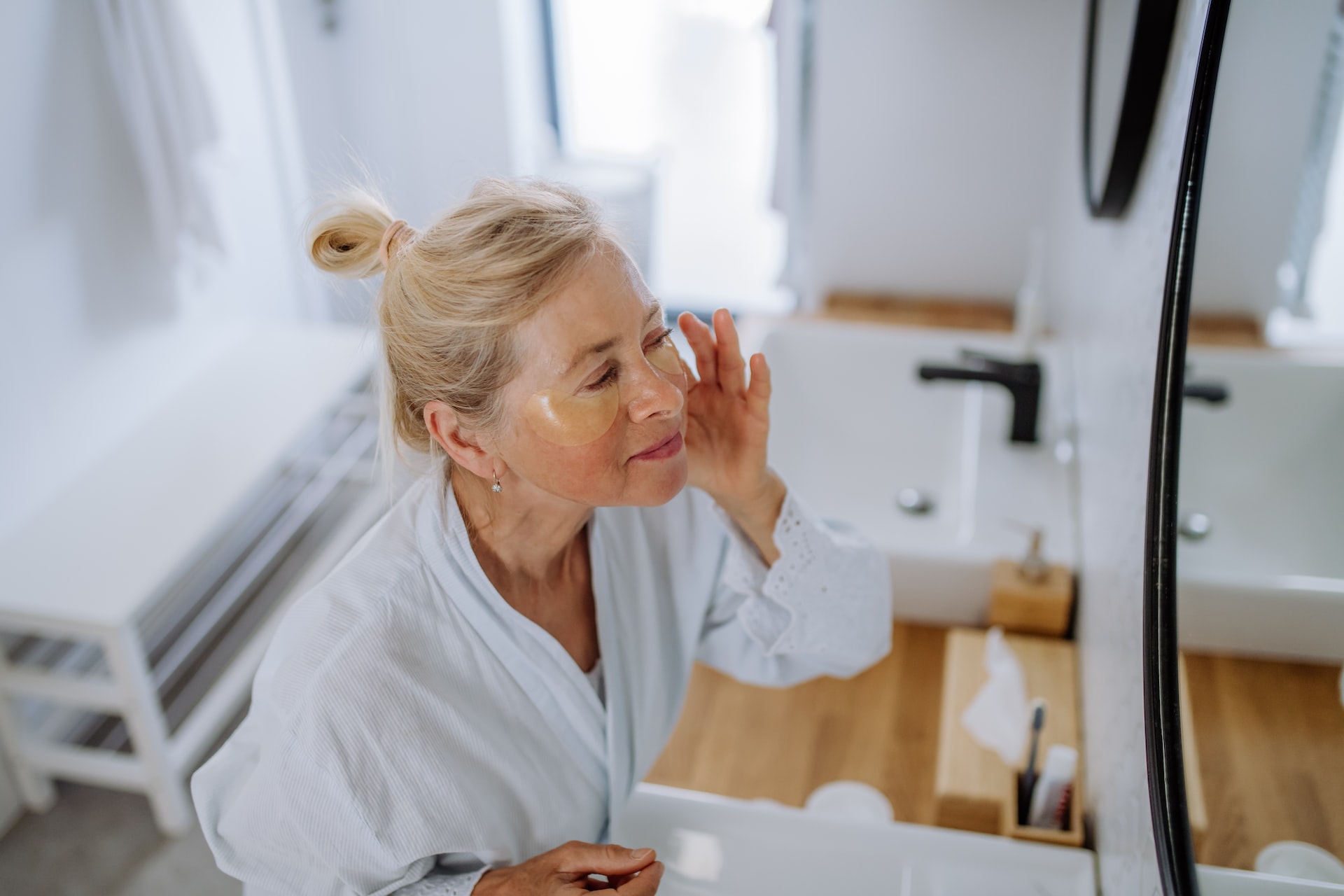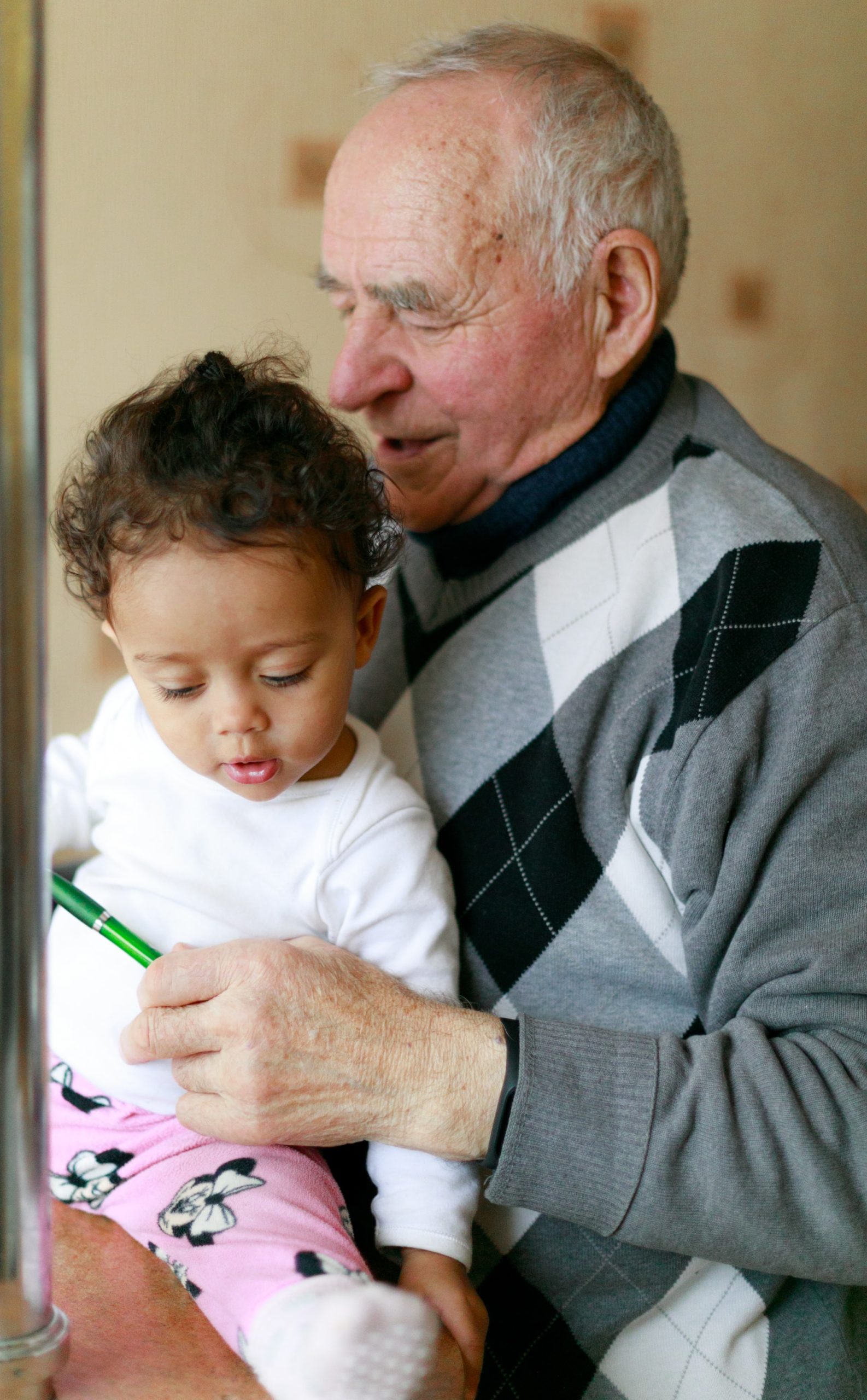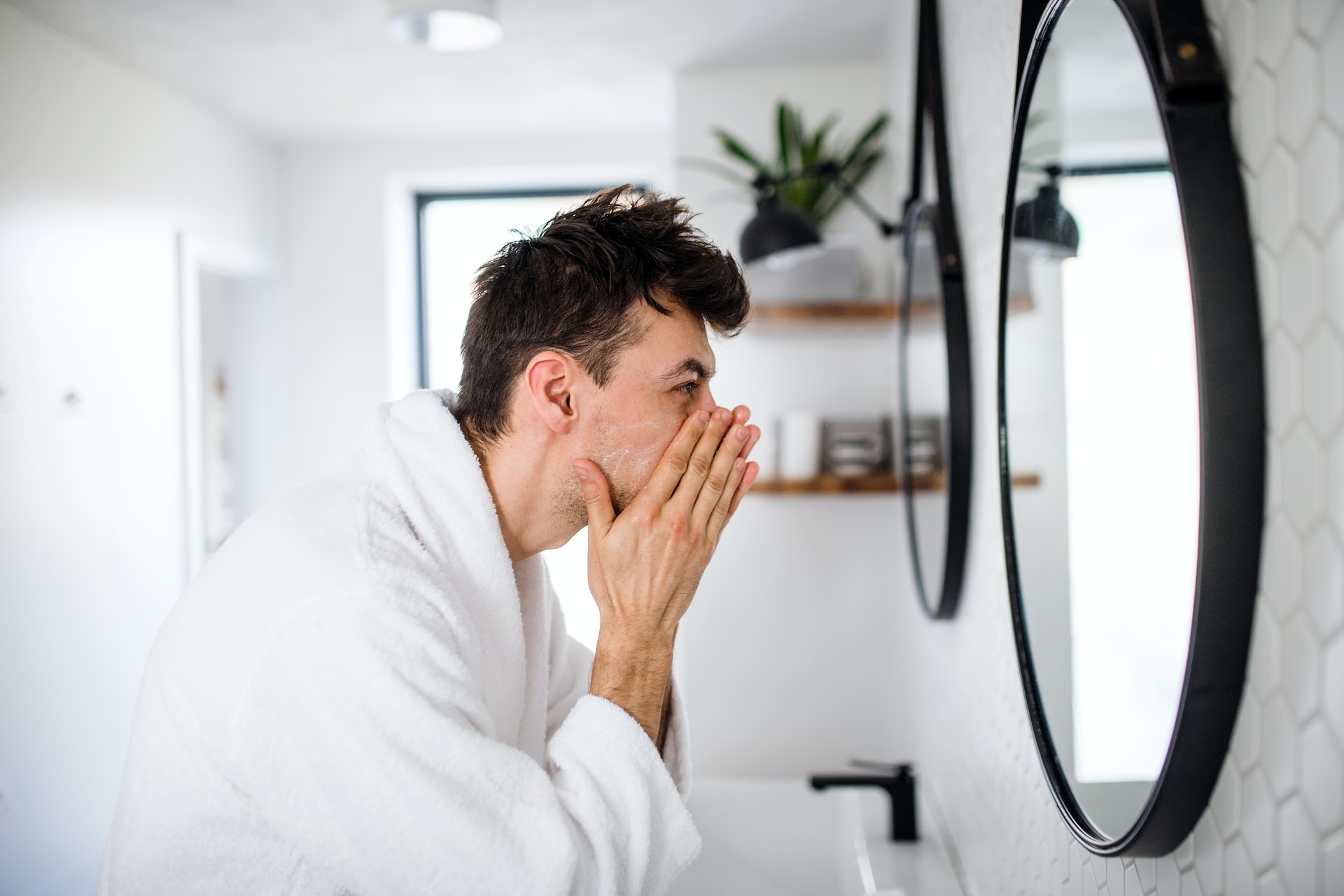A whopping 87% of Americans worry about getting older. In a small study conducted in 2020, every single participant was terrified of dying and the idea of dying. Some fears fade as you get older, but concerns about reaching old age can start to affect your daily life.
 Fear of retirement, fear of taking chances, fear of not living up to expectations, and fear of the future are all wrapped up in the fear of getting older. It’s an unsettling sensation because it implies that you are no longer in charge.
Fear of retirement, fear of taking chances, fear of not living up to expectations, and fear of the future are all wrapped up in the fear of getting older. It’s an unsettling sensation because it implies that you are no longer in charge.
Everyone experiences the fear of growing older at some point in their lives. But we often are unaware of the power this fear actually has over us and how, if unchecked, it can have an impact on every aspect of our lives. For this reason, we’ll discuss the potential causes of age-related fears as well as offer some advice on how to get over them. If you find that these fears are affecting your mental health or well-being, reaching out to a professional, like a counselor at Thousand Oaks Christian Counseling, can help you navigate these emotions with support and guidance.
Why you’re terrified of getting older
Some people fear the physical changes that come with getting older. Others are terrified of becoming dependent on their loved ones and losing their independence. For many people, it’s actually a fear of dying.
Whatever shape your fear takes, it can have a crippling effect on your life. It can prevent you from appreciating the present moment by causing you to worry about things that are far in the future.
However, older adults don’t live up to the expectations of younger or middle-aged adults, finds Pew Research. What people anticipate and what older adults actually go through differ significantly. The myths surrounding aging and the general public’s unfavorable perceptions of older people are the root causes of the fear of growing older.
Sadly, society often views getting older as a bad thing and something of which to be afraid. This is a form of ageism – social discrimination against older people – and could not be further from the truth.
We all need to let go of the notion that getting older is a disease, as the inspirational 92-year-old Annabelle Marshall put it. People fear losing their independence, mental acuity, and good looks. But you don’t have to be afraid of getting older. Everyone goes through this natural process. If you’re mentally, emotionally, and spiritually prepared for it, it can be a lovely time in your life.
What about the fear of dying?
What makes you fear death? The greatest unknown is death, and fear of the unknown is a strong emotion. It is only natural to be afraid of something we cannot fully comprehend because we may feel unsure of what happens when we pass away, even when we believe in God.

Because death signifies the end of our life as we know it, we also fear it. We fear all the experiences, sights, and things we’ll never have. The fact that death is final can be frightful.
Some people have a strong connection between their fear of aging and their fear of dying. They might believe that time is of the essence and that they will never be able to achieve all of their life goals.
Top concerns regarding death include:
- Fears that losing someone you love will leave you without them
- anxiety about contracting cancer
- fear of contracting a serious illness
Although it can be very difficult to overcome your fear of dying, it is an unavoidable aspect of life. It’s crucial to give in to this notion and discover your own spiritual path in order to find peace with it.
Just keep in mind that what matters most is how you live your life, not when you pass away. Focus on living your life to the fullest and taking pleasure in every moment without having to look back with any regrets rather than dwelling on your fears.
Read on for four suggestions on how to get over your fear of growing old and dying so you can make the most of your time and embrace the journey ahead.
How to overcome the fear of death and getting older
Remember that information is power.
You can start by educating yourself about what to anticipate as you get older. It’s critical to distinguish fact from fiction because there is a lot of misinformation about growing older in circulation. You don’t have to be weak, ill, or incapable of enjoying life simply because you’re getting older.
 Additionally, it’s critical to keep in mind that everyone ages differently. You won’t necessarily experience health issues or a decline in your mental faculties just because someone you know is. Never compare yourself to other people’s ages; everyone ages at their own rate.
Additionally, it’s critical to keep in mind that everyone ages differently. You won’t necessarily experience health issues or a decline in your mental faculties just because someone you know is. Never compare yourself to other people’s ages; everyone ages at their own rate.
Despite your family history and genetic makeup, there is growing research revealing the profound effects of trauma, stress, lifestyle, and mental state on how you age and heal.
For instance, one study found that the more pessimistic you are about getting older, the more likely it is that you’ll be anxious about dying and retiring, and perhaps even depressed. Additionally, your anxiety causes the release of stress hormones like cortisol, which hinders your ability to heal.
So, it’s important to educate yourself on aging and death. Understanding the aging process and what to anticipate can help you face your fear because knowledge is power.
Talk about it.
It’s only natural that you begin to consider your mortality more as you get older. Some people may find it challenging to accept this. However, it’s crucial to keep in mind that everyone experiences this at some point in their lives.
We, therefore, advise you to share your fears with a trusted friend or relative. This can aid in your understanding of what precisely is causing your fear and how to handle it. Simply put, talking about your feelings makes them feel less intense. According to a study, simply referring to your feelings as “fear” or “anger” can help you manage them.
Additionally, keeping your fear to yourself can make it seem bigger and more overwhelming. But when you discuss it with someone else, you may be able to gain perspective.
Pay attention to the present.
Living in the present and practicing mindfulness are two of the best ways to overcome your fear of getting older and dying. It’s challenging to worry about events that haven’t yet occurred when you’re focused on the here and now.
 Additionally, this practice of being fully present and mindful expands your sense of peace, which by itself lessens concerns about dying.
Additionally, this practice of being fully present and mindful expands your sense of peace, which by itself lessens concerns about dying.
Try to pay attention to the little things in life and appreciate the good times. Making the most of the time you have available and appreciating life more can be achieved through this. According to research, mindful meditation on God’s Word is a fantastic defense against age-related anxiety.
As you get older, it’s also crucial to stay engaged and active. Spending time with friends, engaging in a hobby, or volunteering in your later years are all things that can make you feel young and alive when you’re mindful of the present moment.
Possess gratitude.
One of the most potent emotions you can experience is gratitude, according to research. Your perspectives may change, and you may feel more upbeat about your life as a result.
In one study, the subjects were instructed to concentrate on good things, inconveniences, or other significant things in life. The findings demonstrated that, because of feeling like life has been lived to the fullest, gratitude significantly reduces age-related anxiety. Daily gratitude is a great way to strengthen your relationship with God as well.
Do you worry about getting older?
To an extent, we all worry about getting older. Just look at the daily advertisements in the media and popular culture; they are dripping with proclamations from the fountain of youth. If you have fallen into this trap, you may worry that the best years of your life have already passed.
Many older adults experience fear and anxiety related to getting older and dying. If this fear interferes with your relationships and mental well-being, consider receiving compassionate therapy from a Christian counselor at Thousand Oaks Christian Counseling. A counselor can help you discover the unique joys in this season of your life and assist you in pursuing new goals for the future.
“Makeup”, Courtesy of Getty Images, Unsplash.com, Unsplash+ License; “Greenhouse”, Courtesy of Getty Images, Unsplash.com, Unsplash+ License; “Time with Grandpa”, Courtesy of Humphrey Muleba, Unsplash.com, CC0 License; “Face in the Mirror”, Courtesy of Getty Images, Unsplash.com, Unsplash+ License
-
Kate Motaung: Curator
Kate Motaung is the Senior Writer, Editor, and Content Manager for a multi-state company. She is the author of several books including Letters to Grief, 101 Prayers for Comfort in Difficult Times, and A Place to Land: A Story of Longing and Belonging...
DISCLAIMER: THIS ARTICLE DOES NOT PROVIDE MEDICAL ADVICE
Articles are intended for informational purposes only and do not constitute medical advice; the content is not intended to be a substitute for professional medical advice, diagnosis, or treatment. All opinions expressed by authors and quoted sources are their own and do not necessarily reflect the opinions of the editors, publishers or editorial boards of Stone Oak Christian Counseling. This website does not recommend or endorse any specific tests, physicians, products, procedures, opinions, or other information that may be mentioned on the Site. Reliance on any information provided by this website is solely at your own risk.





